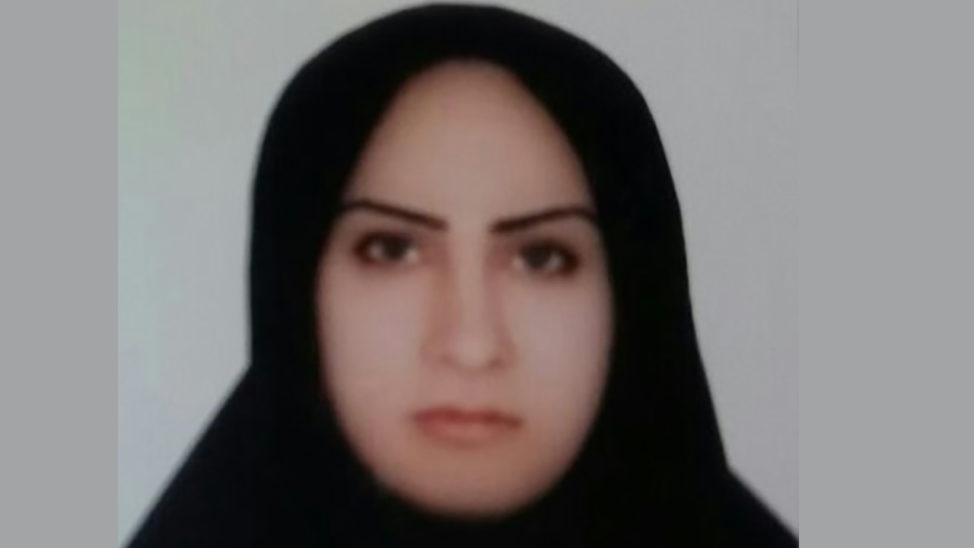 |
| An undated handout picture released by Amnesty International in London on October 2, 2018, shows Zeinab Sekaanvand. AFP PHOTO / AMNESTY INTERNATIONAL / HO |
Iran on Tuesday executed a teenage rape victim who was abused by her husband and convicted of killing him in a “grossly unfair trial”, Amnesty International said Tuesday.
An ethnic Kurd, Zeinab Sekaanvand was 15 when she married her husband. She was jailed two years later, while still legally a juvenile, for stabbing him to death.
She later retracted her confession, saying it had been extracted under duress.
Sekaanvand, who also accused her brother-in-law of raping her several times, was 24 when she was executed, Amnesty said.
“Her execution is profoundly unjust and shows the Iranian authorities’ contempt for the right of children to life,” said Philip Luther, Amnesty International’s Advocacy Director for the Middle East and North Africa.
“The fact that her death sentence followed a grossly unfair trial makes her execution even more outrageous.”
Presented with a state-appointed defence lawyer at only her final trial session, Sekaanvand retracted her earlier confession, which she said was coerced from her under torture by the police, according to Amnesty.
She said her husband was actually killed by her brother-in-law — the same man who raped her.
She said the brother-in-law told her that if she accepted responsibility, he would pardon her, which is permitted under Islamic law.
Amnesty said the court had failed to investigate her statements, relying on her original confession made in 2012 at a police station in which she was tortured for 20 days.
An ethnic Kurd, Zeinab Sekaanvand was 15 when she married her husband. She was jailed two years later, while still legally a juvenile, for stabbing him to death.
She later retracted her confession, saying it had been extracted under duress.
Sekaanvand, who also accused her brother-in-law of raping her several times, was 24 when she was executed, Amnesty said.
“Her execution is profoundly unjust and shows the Iranian authorities’ contempt for the right of children to life,” said Philip Luther, Amnesty International’s Advocacy Director for the Middle East and North Africa.
“The fact that her death sentence followed a grossly unfair trial makes her execution even more outrageous.”
Presented with a state-appointed defence lawyer at only her final trial session, Sekaanvand retracted her earlier confession, which she said was coerced from her under torture by the police, according to Amnesty.
She said her husband was actually killed by her brother-in-law — the same man who raped her.
She said the brother-in-law told her that if she accepted responsibility, he would pardon her, which is permitted under Islamic law.
Amnesty said the court had failed to investigate her statements, relying on her original confession made in 2012 at a police station in which she was tortured for 20 days.
AFP
In this article:
